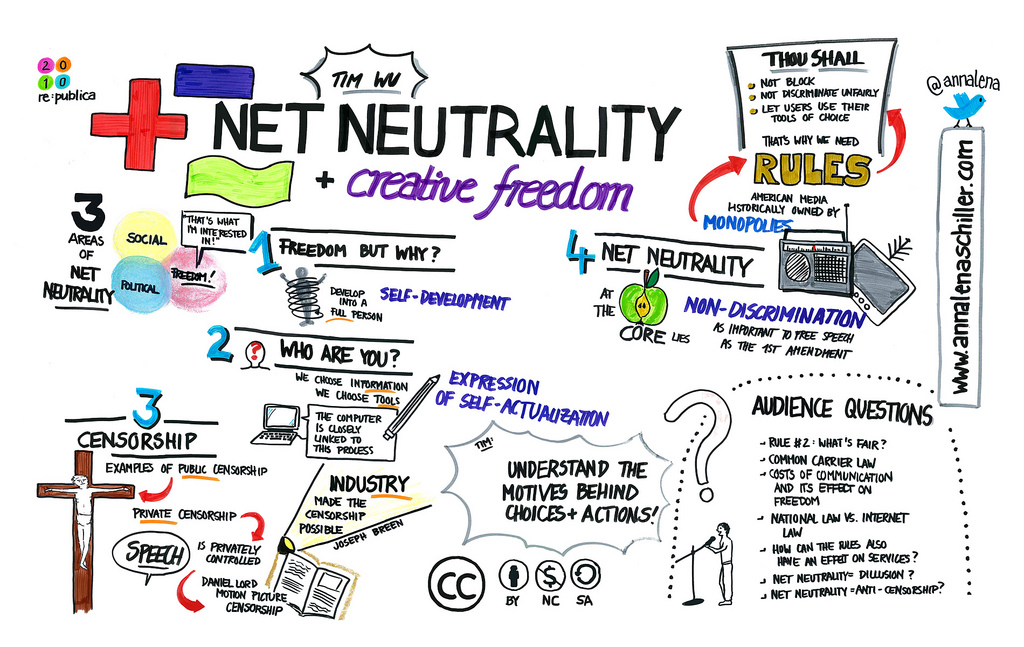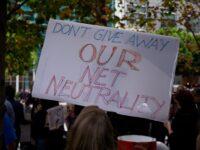Last week, I wrote about the need for the Canadian government to reboot its digital agenda, arguing that less than 12 months after the 2019 national election, the policy agenda had gone off the rails with a reversal on affordable telecom services, delays in broadband support and privacy reform, as well as plans for extensive online regulation. The Speech from the Throne, which sets out the government’s agenda, suggests that rather than rebooting the digital agenda, the government has largely deleted it altogether.
The speech was the longest throne speech since the Liberal election in 2015, yet there was apparently no time to reference privacy reform, intellectual property, wireless, or innovation (innovative appears once). Instead, beyond catching up on unfulfilled promises on rural broadband and promising action on online hate, the government’s digital agenda is – as Canadian Heritage Minister Steven Guilbeault said last week – now distilled primarily down to “get money from web giants.” That isn’t a digital agenda, it’s anti-digital agenda, with technology companies cast as both a foreign enemy to be regulated and an ATM for free cash to fund pet projects in the cultural sector.












